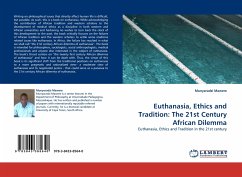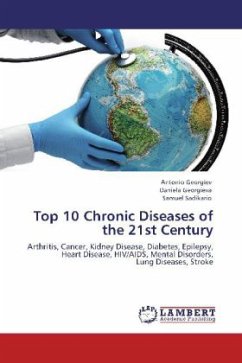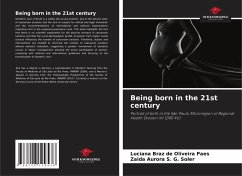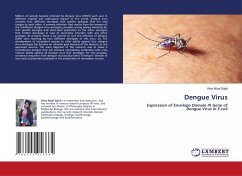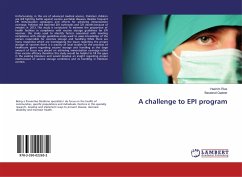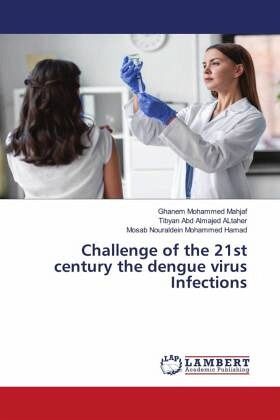
Challenge of the 21st century the dengue virus Infections
Versandkostenfrei!
Versandfertig in 6-10 Tagen
40,99 €
inkl. MwSt.

PAYBACK Punkte
20 °P sammeln!
The dengue virus is currently one of the most widespread arboviruses infecting human populations, with serious negative effects on South America and South-East Asia economies and societies. Inadequate funding, wrong policies, a lack of political will, expanding mosquito vectors, and increasing urbanization and globalization are some of the factors contributing to the failure of initiatives to address this serious public health issue. Recent data estimates that there were 96 million apparent dengue illnesses globally in 2010. This figure, which is far higher than the WHO projection, shows that ...
The dengue virus is currently one of the most widespread arboviruses infecting human populations, with serious negative effects on South America and South-East Asia economies and societies. Inadequate funding, wrong policies, a lack of political will, expanding mosquito vectors, and increasing urbanization and globalization are some of the factors contributing to the failure of initiatives to address this serious public health issue. Recent data estimates that there were 96 million apparent dengue illnesses globally in 2010. This figure, which is far higher than the WHO projection, shows that the disease is spreading quickly, creating a growing threat to the economy and a significant challenge for doctors and healthcare services around the world, especially in the impacted areas. In the past 17 years, dengue/dengue hemorrhagic fever has emerged as one of the most significant resurgent tropical diseases due to the geographical expansion of both the viruses and the mosquitoes that transmit them, an increase in the frequency of epidemics, the emergence of hyperendemicity (the cocirculation of multiple virus serotypes), and the spread of dengue hemorrhagic fever to new regions.



